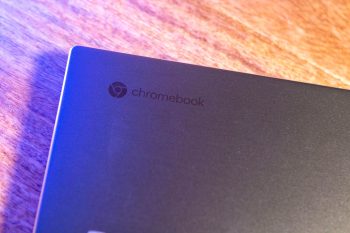
Chromebook shipments continue to outpace other laptops in Q2 2021
In case you haven’t noticed, there have been quite a few earnings reports over the past couple of weeks. This has led to new reports being provided in terms of smartphone and computer shipments. This time, Canalys is back and has revealed that despite market growth for Chromebooks dropping in Q2 2021, Chromebooks are still on top.
According to this report, Chromebooks account for about 13% of the global notebook market, while continuing to outperform other laptops like Apple’s MacBook along with Windows laptops. In terms of which Chromebook makers are doing the best, Samsung saw the largest annual growth, up 324.4%.
“The success of Chromebooks is proving to be remarkably resilient,” said Brian Lynch, Research Analyst at Canalys. “Their growth streak has extended well beyond the height of the pandemic as they have cemented a healthy position across all end-user segments in the industry. Even as key markets like North America and Western Europe have seen schools begin to open up, shipments remain elevated as governments and education ecosystems plan for long-term integration of Chromebooks within digital learning processes.
That’s a rather impressive number in its own right, but HP remains atop the leaderboard after seeing 115.7% growth. Out of the top of Chromebook manufacturers, the only company to see a decline in annual growth was Dell, losing 8.7%. This has put Samsung within striking distance of Dell for the fourth spot, as Samsung owns 9.2% of the market share trailing Dell’s 9.4%. HP maintains its healthy lead at the top with a whopping 36.4% market share, followed by Lenovo (21.6%) and Acer (15.7%).
In the same report, Canalys also provided a bit of insight as to how global tablet shipments held up over Q2 2021. Apple still maintains a healthy lead accounting for 36.3%, but Samsung saw an annual growth of 13.8%. Lenovo saw the largest growth in the quarter, with an enormous 77.5% while Huawei dropped by 54% and now only accounts for 5.9% of the market share.
It’s possible that we continue to see the tablet market rise, although it won’t be nearly at the same rate as what we’re seeing with Chromebooks. Things could change depending on the popularity and reliability of Windows 11 as it makes its way to more devices. Perhaps we could see more Windows 11-based tablets released in the future, especially given that the Amazon App Store is bringing Android apps into the mix.